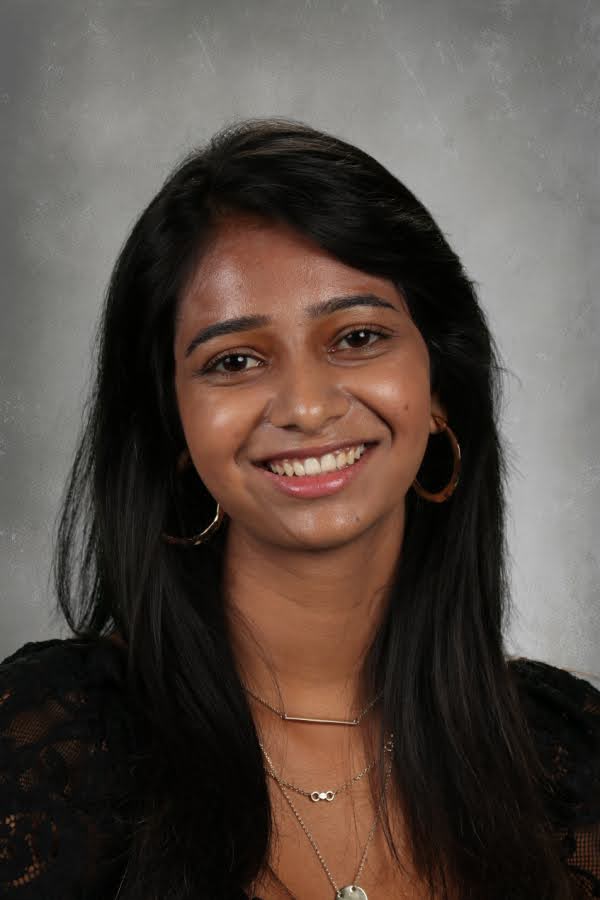
Tanisha M. 2024 | BASIS Independent Silicon Valley
- Project Title: Precision Progress: Empowering Autistic Minds Using Fine Motor Skills
- BASIS Independent Advisor: Bryan Meyerowitz
- Internship Location: Boston University School of Medicine
- Onsite Mentor: Jonathan Wisco
As of 2023, the CDC has reported over 75 million people across the world diagnosed with Autism Spectrum Disorder, a neurodevelopmental disorder characterized by problems with social interactions, cognitive/communication impairments, and repetitive patterns of behavior. With the prevalence of this disorder steadily increasing, individuals with autism notably struggle with their executive functions, high-level cognitive skills (e.g. problem solving, memory, planning), leading to difficulties with simple daily tasks and activities.
However, fine motor skills have been found to aid neurotypicals (those with typical neurological functioning, non-autistics) with their executive functioning. Accordingly, this project aims to determine if the utilization of fine motor skills can improve executive functioning in autistic individuals.
Data collection for this project, an experiment consisting of autistic and neurotypical (control) adult participants, will take place at the Boston University School of Medicine. Essentially, participants will be asked to complete three tasks (Task 1: test executive functioning; Task 2: test fine motor skills; Task 3: test executive functioning when participants use fine motor skills to complete task) while simultaneously wearing a functional Near Infrared Spectroscopy (fNIRS) headband (brain imaging device).
I expect all participants will score higher on the task in which they utilize their fine motor skills to complete the task, than the task in which they complete the task without using their fine motor skills.
Upon successful completion, this project could potentially encourage modes of therapy for autistic individuals that hone in on their fine motor skills as a means to improve their otherwise impaired executive functions, as well as provide significant insight into existing therapies/treatments for autistic people.
